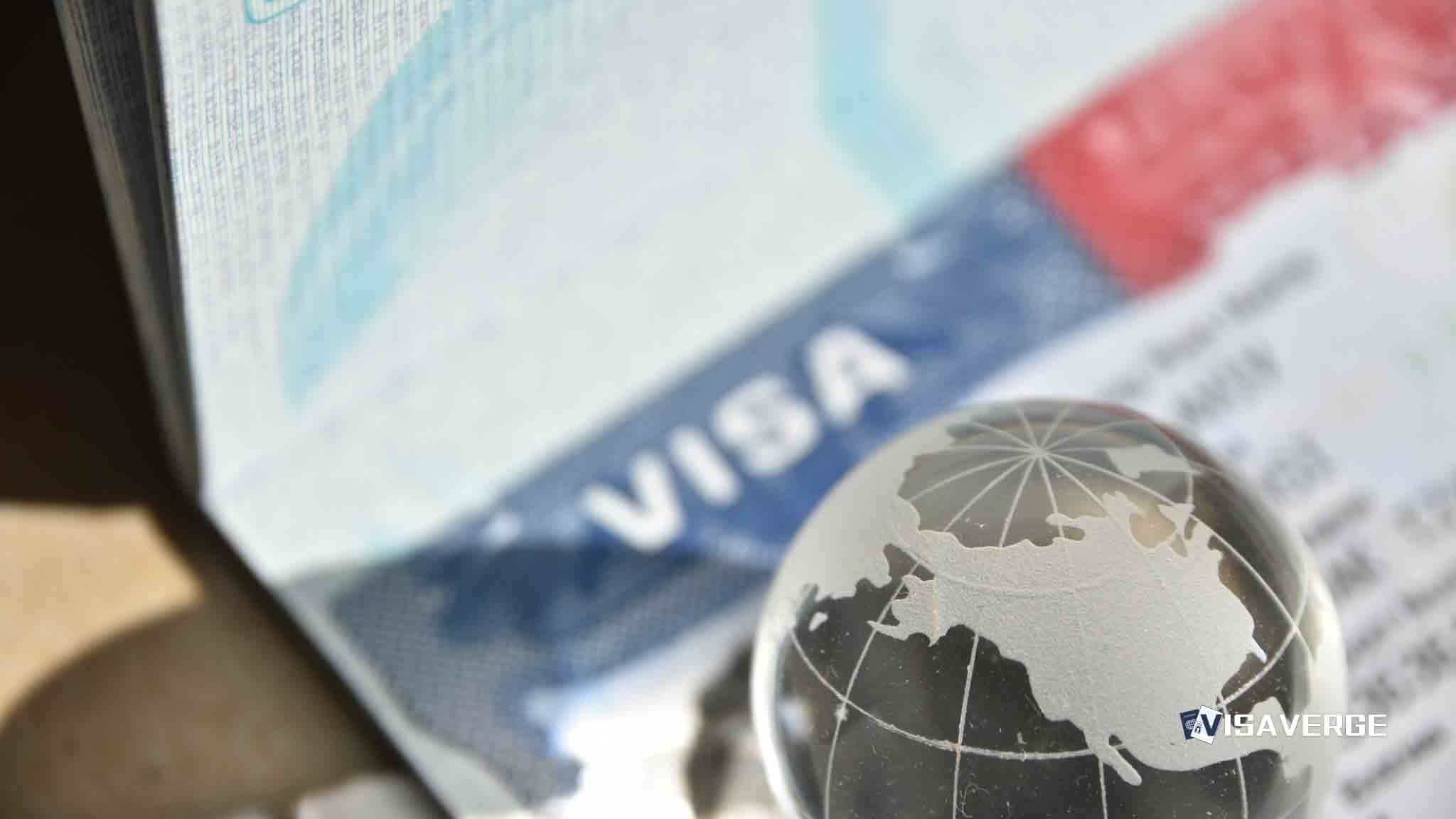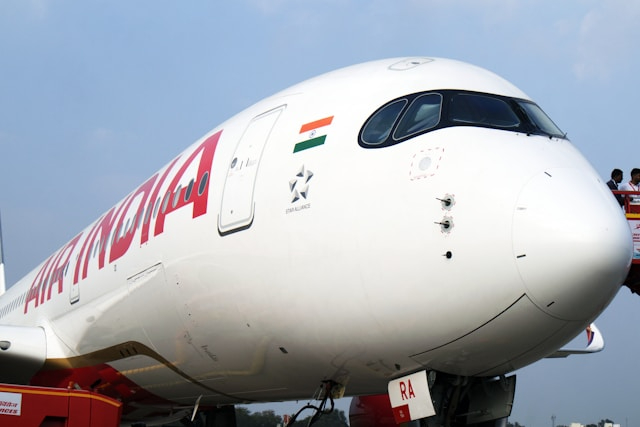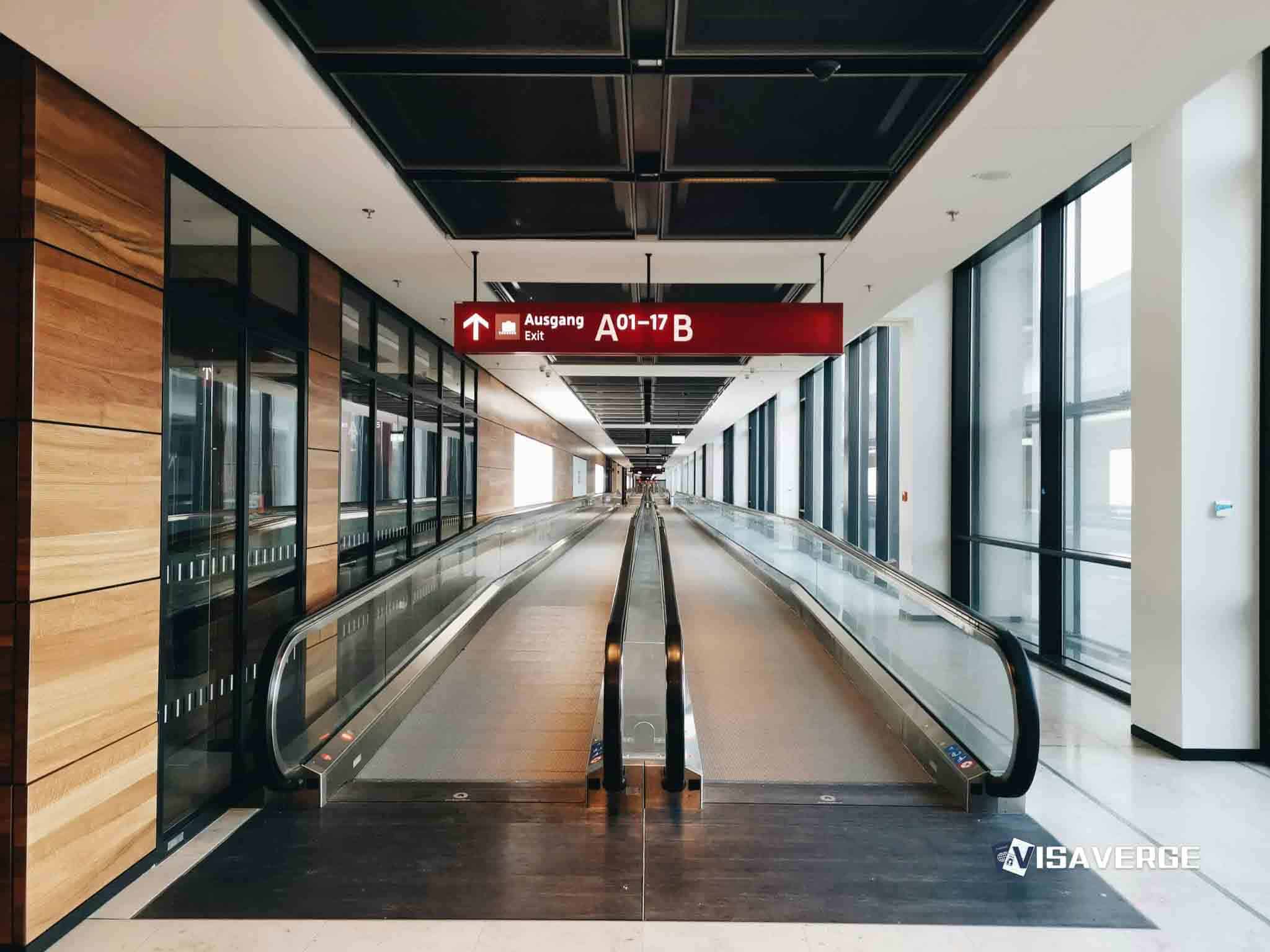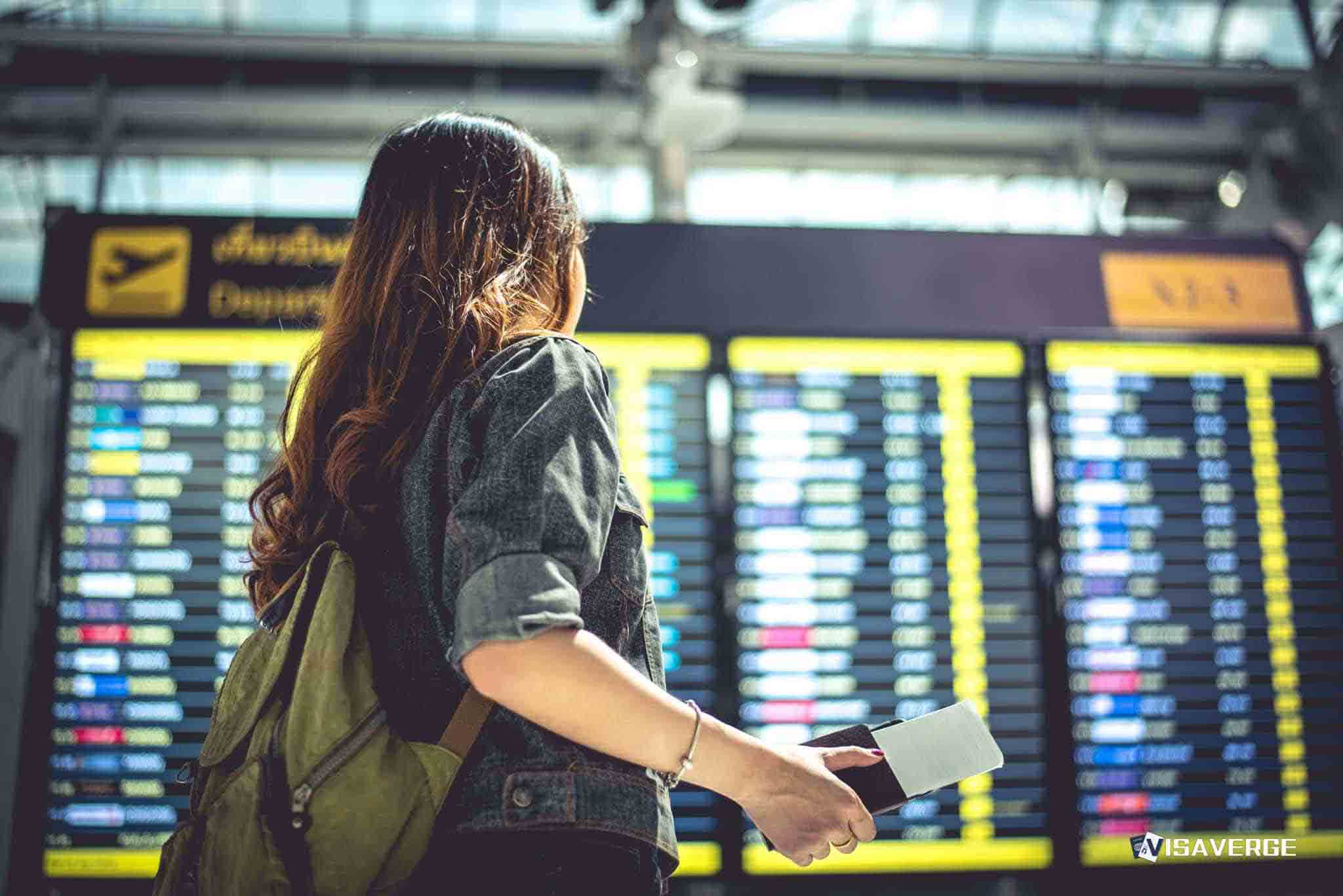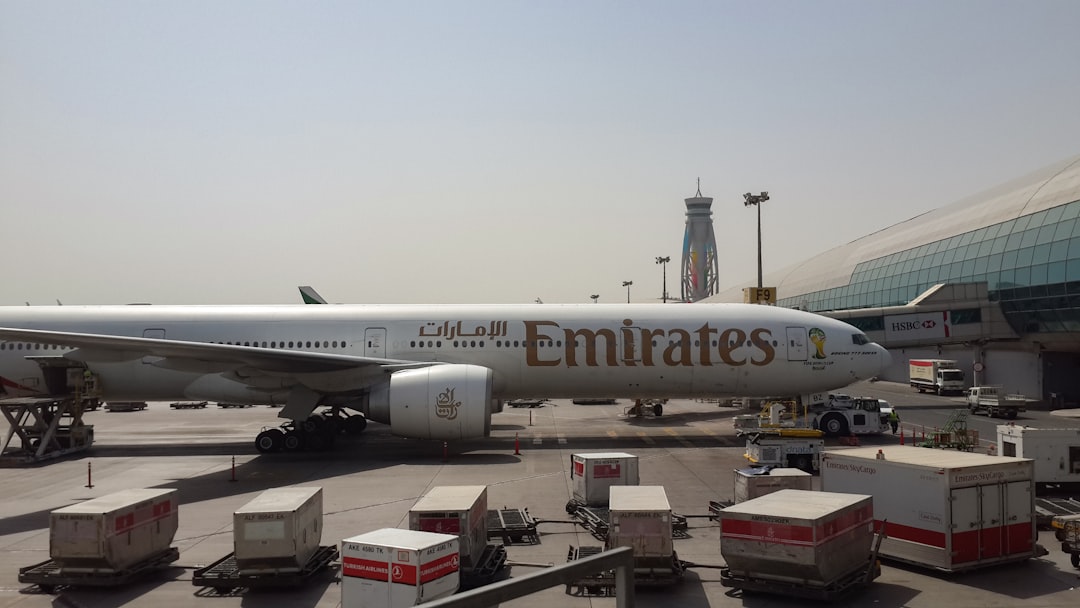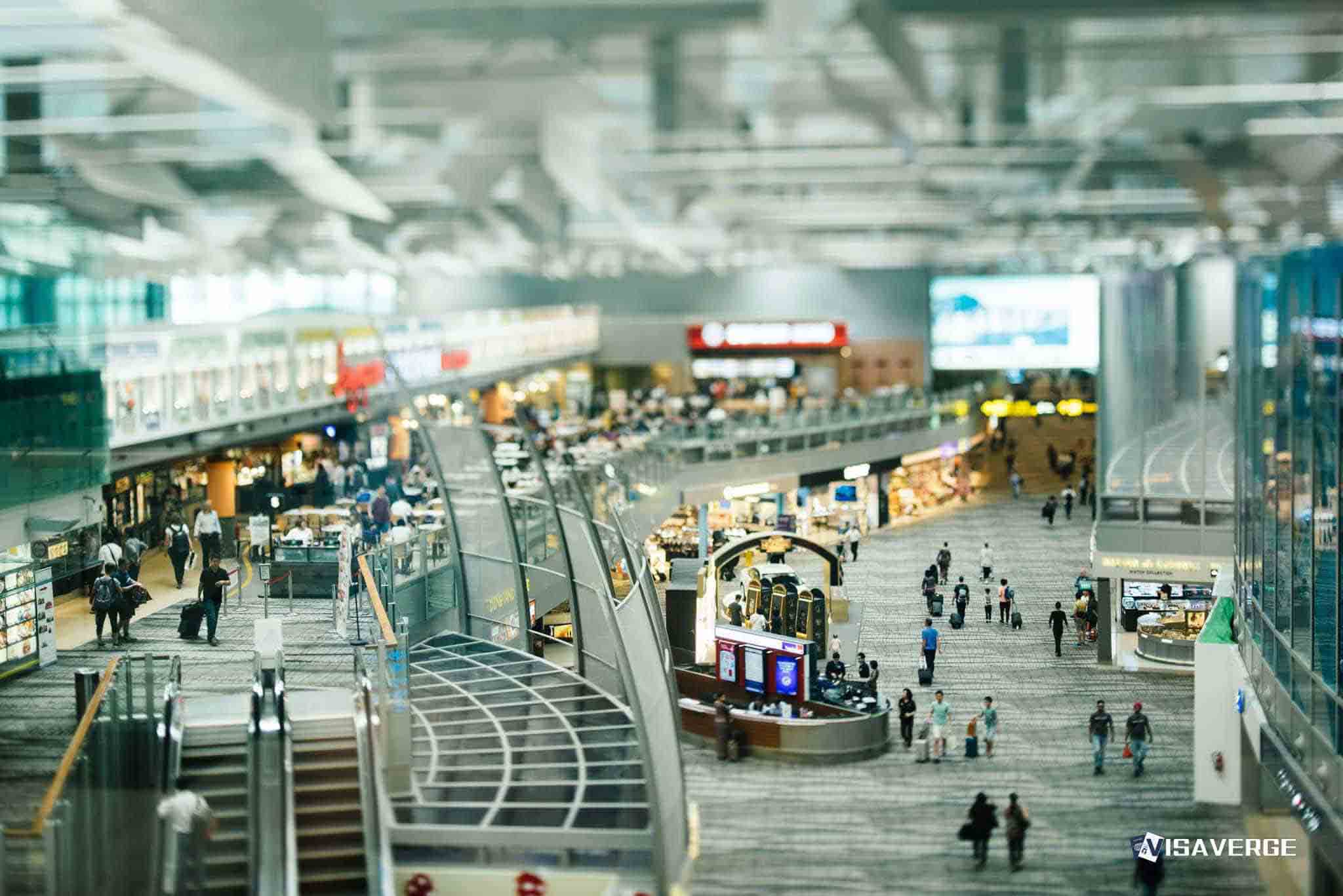(HARYANA) India’s National Investigation Agency has arrested two Haryana residents, Ravi Kumar and Gopal Singh, in an August 2025 crackdown on an alleged transnational human trafficking syndicate that ran the so‑called dunki route to the United States 🇺🇸. The arrests followed coordinated searches across Haryana and Punjab on August 7–8, 2025, part of an active probe into networks that lure Indians with false promises of legal entry into the U.S., then funnel them through dangerous trails across multiple countries.
Investigators said NIA teams raided four locations—two in Karnal (Haryana), one in Yamunanagar (Haryana), and one in Gurdaspur (Punjab)—and took the two men into custody. According to officials cited in case documents, the operation is tied to a wider effort to expose international links, trace money flows, and find other suspects who allegedly arranged illegal travel, extracted payments, and put travelers at risk of abuse and detention along the way.

Coordinated raids and early findings
The NIA seized digital devices and other materials during the raids, which are now under forensic review. Investigators are examining messages, travel records, and financial data that may map the structure of the network and the roles of each accused.
The agency has stressed the transnational nature of the suspected conspiracy and said more arrests are likely as evidence is analyzed and foreign law enforcement partners share intelligence.
Key points from the latest phase of the probe:
– Arrest dates: August 7–8, 2025
– Locations searched: Karnal (twice), Yamunanagar, and Gurdaspur
– Seizures: Digital devices and documents sent for forensic examination
Officials said the arrests of Ravi Kumar and Gopal Singh are connected to earlier complaints filed by victims who sought illegal passage to the United States through the dunki pipeline—an underground route known to move people through South and Central America without proper papers, often involving smugglers, unsafe transport, and periods of captivity.
Human cost and case origins
This case grew from the experience of Shubham Saini, a resident of Naraingarh, who told authorities he attempted to reach the U.S. through the dunki route and was later caught by U.S. border officers in January 2025. He was deported to India and filed a complaint detailing captivity and repeated extortion during his journey.
His family, he said, paid ₹42 lakh (about $50,000) in installments to the network. The NIA has treated his testimony as a key thread in mapping the alleged syndicate.
Investigators allege that Gopal Singh handled hotel bookings and travel plans and served as a middleman to take payments from families. He allegedly worked with Ravi Kumar and another accused, Jai Kumar, to set up illegal travel for several victims.
The NIA’s probe now focuses on:
1. Communications among the accused
2. The money trail tied to each payment
3. The chain of handlers across borders that moved travelers from stage to stage
What “dunki” means and the journey’s risks
The term “dunki”—derived from “donkey”—has become shorthand for irregular migration routes used to enter countries without legal documents. In the India‑to‑U.S. context, the journey often:
– Starts with legitimate flights to countries in Latin America
– Continues with overland crossings through jungles, rivers, and cartel‑controlled zones
– Involves frequent contact with smugglers and third‑party handlers
Many travelers face theft, assault, or confinement. On arrival at the U.S. border, they are frequently detained and removed, and families back home are left with heavy debts and trauma.
Victims and their families told officials they were promised guided travel, fast entry to legal status, and safety. Instead, many encountered threats and fresh payment demands at every leg of the trip.
The NIA said it is working to identify more victims and offer guidance through local authorities. Families who suspect a relative has been drawn into a dunki network are urged to contact the agency promptly. For official information and updates, visit the NIA website: https://nia.gov.in.
Policy context and what comes next
The arrests signal that Indian authorities are stepping up actions against human trafficking and irregular migration rings that prey on financial pressure and the dream of a better life abroad. The accused face prosecution under relevant sections of the Indian Penal Code and the Immigration Act, as investigators piece together roles, transactions, and cross‑border links.
The agency said the probe is active and further detentions are expected as the forensic review proceeds.
Analysis by VisaVerge.com indicates demand for irregular travel remains steady despite crackdowns, driven by:
– Debt and family expectations
– Tight visa options for low‑skilled workers
That demand shapes a market where brokers sell “packages” promising a smooth path but rarely delivering safety or legal outcomes. Policy analysts emphasize that steady cooperation between India and U.S. enforcement agencies—sharing intelligence on routes, handlers, and payment systems—can help reduce the reach of these networks, especially when paired with targeted outreach that warns communities about the real risks.
Law enforcement specialists note:
– Global coordination matters because each leg of the dunki route can be run by different groups
– If one link breaks, another often steps in
– Tracing financial flows can reveal organizers who profit without meeting victims directly
Important: Illegal routes carry serious danger. There is no shortcut to lawful status.
A safer choice is to seek legal pathways—student visas, work visas, or family‑based immigration—through official channels. While formal processes can be slow, they protect travelers from smugglers and reduce the risk of detention or deportation.
Anyone offering “guaranteed entry,” “front‑door work permits,” or “quick green cards” in exchange for large payments is almost certainly making false claims.
Practical advice for families and potential migrants
Families can take practical steps right now:
– Ask for written contracts and receipts. Refusal is a red flag.
– Check agent registrations with local authorities, and seek references.
– Do not hand over passports without a verified booking and a clear, legal travel plan.
– Report suspicious offers to police or the NIA.
Victims of trafficking or attempted trafficking should:
– Keep copies of bank transfers, messages, and travel records
– Preserve evidence that helps investigators reconstruct the network and support restitution claims if awarded by courts
The NIA says it is building a list of suspected handlers and looking to coordinate with foreign agencies for possible arrests abroad and, where the law allows, extradition.
Community leaders in Haryana and Punjab say families often face pressure to send a son abroad, even when the terms look risky. They urge parents to:
– Speak with trusted counselors
– Compare costs of legal study or work routes against uncertain promises of dunki travel
How to report information and next steps in the investigation
People with information about the current case can contact:
– NIA helpline: +91‑11‑24368800
– Email: [email protected]
Officials said tips about intermediaries, bank accounts, or safe‑houses can speed up the probe. As the investigation moves forward, authorities aim to:
– Identify more accused
– Warn at‑risk communities
– Help families recover funds where possible
The agency continues its forensic review and international cooperation to trace money flows, locate additional suspects, and disrupt the transnational network allegedly operating the dunki route.
This Article in a Nutshell
August 2025 NIA raids exposed a dunki trafficking pipeline. Arrests, seizures, and victim testimony revealed ₹42 lakh payments and transnational links. Forensic review aims to map handlers, trace funds, and identify victims. Authorities urge families to verify agents and report suspicious offers to disrupt dangerous irregular migration networks.



